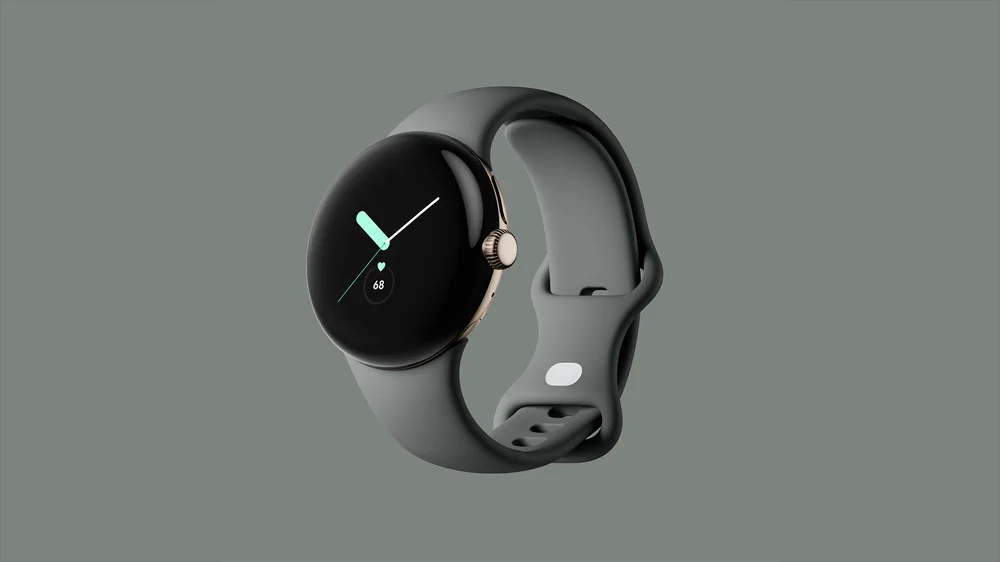Has ChatGPT passed the Turing Test? No and it will never do it because this test is no longer useful for these reasons.

Society and many media are continually echoing that artificial intelligence—or specifically ChatGPT—have managed to pass the coveted Turing Test, which has led some to declare that the era of AI superior to humans is finally here. , when that really makes little sense.
To contextualize, This test is a measure of a machine’s ability to exhibit intelligent behavior that is indistinguishable from that of a human.. The test was proposed by British mathematician and computer scientist Alan Turing in 1950 and involves a human tester engaging in a natural language conversation with a machine and a human.
The evaluator does not know which is which and must determine who is the machine and who is the human based solely on their answers to the questions and statements. If the evaluator cannot reliably distinguish between the machine and the human being, the machine is said to have passed the Turing test.
However, and although this test still seems relevant today, used by many to assess whether, for example, ChatGPT has passed the Turing Test or not, The truth is that, according to experts, it is totally obsolete.
No, the Turing Test is no longer useful and is totally obsolete today
The basis is that Being a subjective test based on a machine’s ability to imitate human responses in a conversation, it does not focus on mathematical principles or a precise definition of intelligence.
The Turing Test focuses primarily on a machine’s ability to imitate human responses in a limited conversational context, leaving aside many other facets of intelligence. You cannot capture the depth and complexity of human intelligence in its entirety with just this.
Furthermore, the subjectivity of this test—remember, this is Alan Turing’s idea—poses problems. Determining whether a machine has passed it falls on the perception and judgment of the human judge, which can vary from one to another. This can lead to meaningless and, of course, subjective results..
Because intelligence is such a broad and complex concept, fully evaluating AI capabilities requires a more holistic approach—as a whole—and considering a variety of tests and metrics that address different nuances of intelligence.
Although the Turing Test was important, evaluating artificial intelligence only by its ability to imitate human responses leaves out many relevant aspects. Furthermore, being good in one area does not guarantee excellence in others.
Currently, There are specialized tests that evaluate specific artificial intelligence skills. For example, there are some that are designed to test your reasoning and logical thinking abilities in situations that require exploration and understanding of small nuances.
As an illustrative case, imagine that you assign an artificial intelligence program the task of producing a detailed weather forecast. While the program understands the basics of cloudiness and humidity, your true intelligence is put to the test when you are able to understand the correlations between humidity levels, cloudiness, and temperature.
They argue that a truly intelligent AI must have the ability to reflect on its actions, considering this ability as essential to bring its intelligence on par with that of humans.
Despite this, We are still looking for the best way to understand and measure the true intelligence of these machines. Simply put, deeper approaches still need to be explored to understand how these machines think and make decisions.



